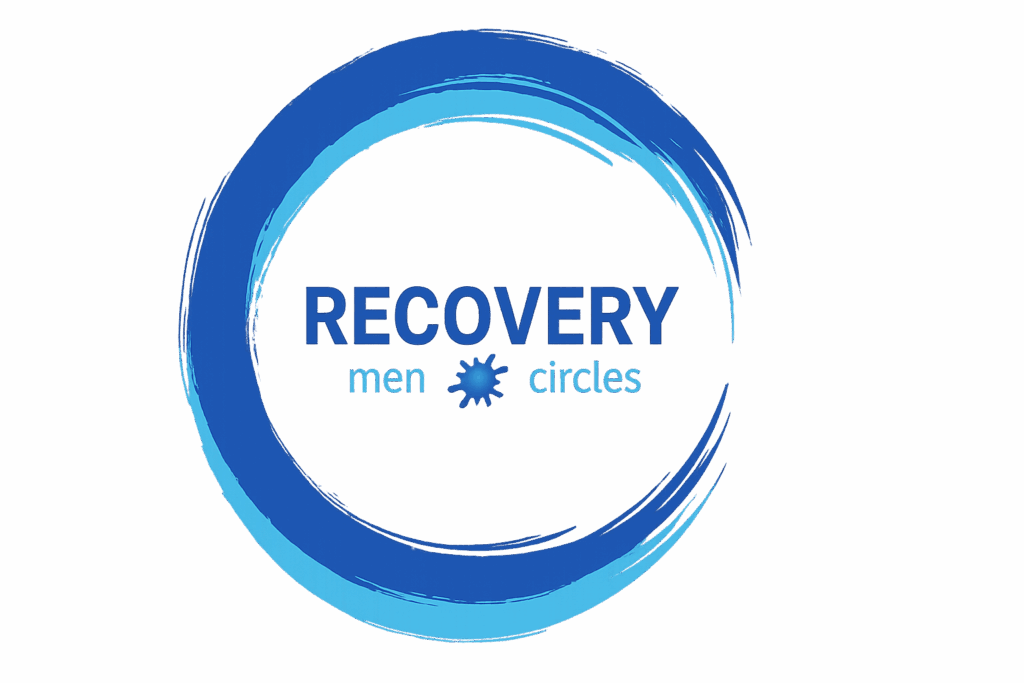Compassionate Trauma Therapy in a Supportive Environment
Looking for help with trauma recovery? Contact us or keep reading to see how Men’s Sober House Pheladelphia can walk with you through the healing process with care, connection, and proven support.
You can also call us at (267) 412-3425
Featured In





“
I finally feel like I have a future. These people believed in me when I couldn’t.
– John L.
“
What I found here wasn’t just recovery housing in Philadelphia, it was a group of people who truly cared if I succeeded. They held me accountable and helped me rebuild.
– Tony F.
“
As a single mom, I needed a place I could trust. This affordable sober home in Philadelphia gave me that and more. I’m forever grateful.
– Jasmine T.
See more of our success stories
Life can be stressful for anyone, but when someone experiences a traumatic event, the effects can be long-lasting and deeply painful. Trauma can impact how we feel, think, and relate to others sometimes for years.
It’s more common than people realize. Studies show that 6 out of 10 men and 5 out of 10 women will face at least one traumatic event in their lifetime. Events like abuse, loss, natural disasters, violence, or war can leave emotional wounds that affect mental health and lead to conditions like PTSD.
At Men’s SoberHouse Pheladelphia, we understand the complex effects of trauma. That’s why we offer specialized, trauma-informed recovery services that provide compassionate care and personalized support to help people heal and move forward.
You can also call us at (267) 412-3425
What Is Trauma Therapy?
Trauma therapy is a focused form of care that helps people process and recover from the emotional and psychological effects of traumatic experiences. A licensed therapist works closely with each person to understand the impact of those events, identify personal triggers, and build strategies to manage symptoms.
This therapy goes beyond talking it’s about truly understanding how trauma has shaped thoughts, emotions, and behaviors. With tailored techniques, trauma therapy helps individuals regain control over their lives, find emotional balance, and begin healing in a meaningful way.
Does Men’s SoberHouse Pheladelphia Offer Trauma Treatment?
Yes, we do. At Men’s SoberHouse Pheladelphia, we offer trauma-informed care as part of our sober living and aftercare support. Whether someone has survived combat, childhood abuse, or another life-altering event, we offer a safe and nurturing space where healing can begin.
Our approach focuses on understanding the thoughts and feelings that stem from trauma. Through counseling and structured support, we help individuals find emotional clarity and develop healthy ways to respond to pain—so they can reclaim their strength and keep building their future.
Trauma Care Through Aftercare Programs
We work closely with The Heights Treatment, our trusted clinical partner, to provide trauma therapy through programs like Partial Hospitalization (PHP). This level of care is ideal for people who don’t need round-the-clock supervision but still benefit from intensive, structured treatment.
With PHP, clients can live at home or stay in sober living while continuing to receive therapy and support. This model provides the structure needed to stay grounded in recovery while integrating into everyday life offering a flexible yet powerful step forward in the healing journey.
Trauma Support in Sober Living
Sober living homes are often a perfect environment for individuals recovering from trauma. At Men’s SoberHouse Pheladelphia, we offer a stable, safe space where men can continue healing after therapy while staying surrounded by a supportive community.
For many people, especially those who have completed trauma treatment, these homes offer a critical next step. With guidance from our team and peer encouragement, residents can manage emotional triggers, rebuild daily routines, and focus on personal growth in a setting that promotes trust and stability.

Men’s Sober Livings

Outpatient Treatments

Individualized Intensive Program

Men’s Sober Companions
What Does the Trauma Therapy Process Look Like?
Healing from trauma is different for everyone, but certain steps help guide the process. Here’s how trauma therapy works at Men’s SoberHouse Pheladelphia:
Learning About the Traumatic Event
We begin by creating a space where individuals can safely understand how trauma has affected them. This helps make sense of emotional reactions, behaviors, and thought patterns, offering clarity about what they’ve been through.
Recognizing the Triggers
As therapy continues, individuals learn to identify memories and triggers connected to their trauma. This self-awareness is key to developing healthier ways to respond and stay grounded during emotional moments.
Developing Healthy Coping Mechanisms
Trauma therapy teaches simple, powerful tools like calming techniques and stress management that help individuals stay balanced when facing painful thoughts or memories.
Re-Establishing Safety Within
Feeling safe again is an important part of recovery. Therapy focuses on building emotional safety and self-trust, helping people navigate life with more confidence and less fear.
Practicing Trauma Integration
Over time, therapy allows people to take back control of their story. With support and patience, they work through difficult memories, gradually integrating these experiences into daily life in a healthy, empowering way.
What Are the Three Stages of Trauma Recovery?
Healing from deep emotional wounds takes time it’s not something that happens all at once. With professional guidance and support from loved ones, many people find that their journey to healing follows three key stages. Each step builds on the last and plays a vital role in helping individuals feel safe, whole, and connected again.
1st Phase: Finding Safety and Stability
Before anything else, it’s important to create a safe and steady foundation. After being medically evaluated, individuals often work with a trauma specialist to determine the best next steps for ongoing care. This might include medication, therapy, or supportive tools tailored to their needs.
In this early phase, people begin working closely with a counselor to manage intense emotions and regain control over their environment. Reducing exposure to stress and developing calming strategies are essential for feeling grounded again.
At Men’s SoberHouse Pheladelphia, we collaborate with trusted partners to offer relapse prevention and emotional support services, helping our residents stay on track and avoid setbacks as they begin their healing journey.
2nd Phase: Processing Pain and Grieving
Once individuals feel safe and stable, the next step is to gently explore the emotional impact of the trauma. This isn’t about reliving painful moments. Instead, it’s about giving those experiences space to be acknowledged, understood, and processed in a safe, caring environment.
With support, individuals begin to identify what they’ve lost and how it has shaped their lives. This allows them to start integrating the past into their recovery story in a way that feels empowering and healing.
3rd Phase: Rebuilding Relationships and Connection
In the final stage, healing shifts toward reconnecting with oneself, with others, and with life. With help from a mental health counselor, individuals find the strength to move forward, having made peace with their past.
This stage often includes opportunities for community reintegration. At Men’s SoberHouse Pheladelphia, we encourage group activities and guided support that help residents rebuild relationships, develop trust, and form meaningful connections with family and peers again.
How Effective Is Trauma Therapy?
Trauma therapy works. For individuals who stick with it, success rates range from 77% to 100%. Common therapies include cognitive processing therapy, talk therapy, and exposure therapy all personalized to help people safely face and process the trauma they’ve experienced.
Working with a licensed therapist, many people find that their trauma symptoms become more manageable—or even fully resolved. Of course, the type of trauma and each person’s individual experience matter. That’s why it’s essential that trauma care be based on proven, evidence-based practices outlined in the Diagnostic and Statistical Manual of Mental Disorders (DSM).
At Men’s SoberHouse Pheladelphia, we prioritize safety, education, and personalized care. Every therapy we offer is explained clearly, so you’ll always feel informed and supported as you take each step forward in your healing.
Call our recovery specialists at Men’s SoberHouse Pheladelphia today at (267) 412-3425 or fill out our contact form to find out how becoming part of our community can help you take back control of your life. Whether you’re looking for sober housing, structured support, or simply someone who understands—our doors are open.

